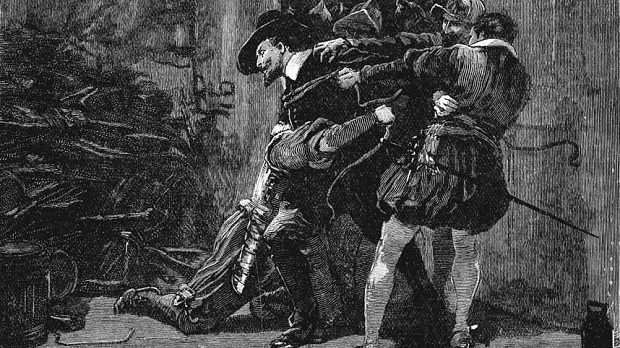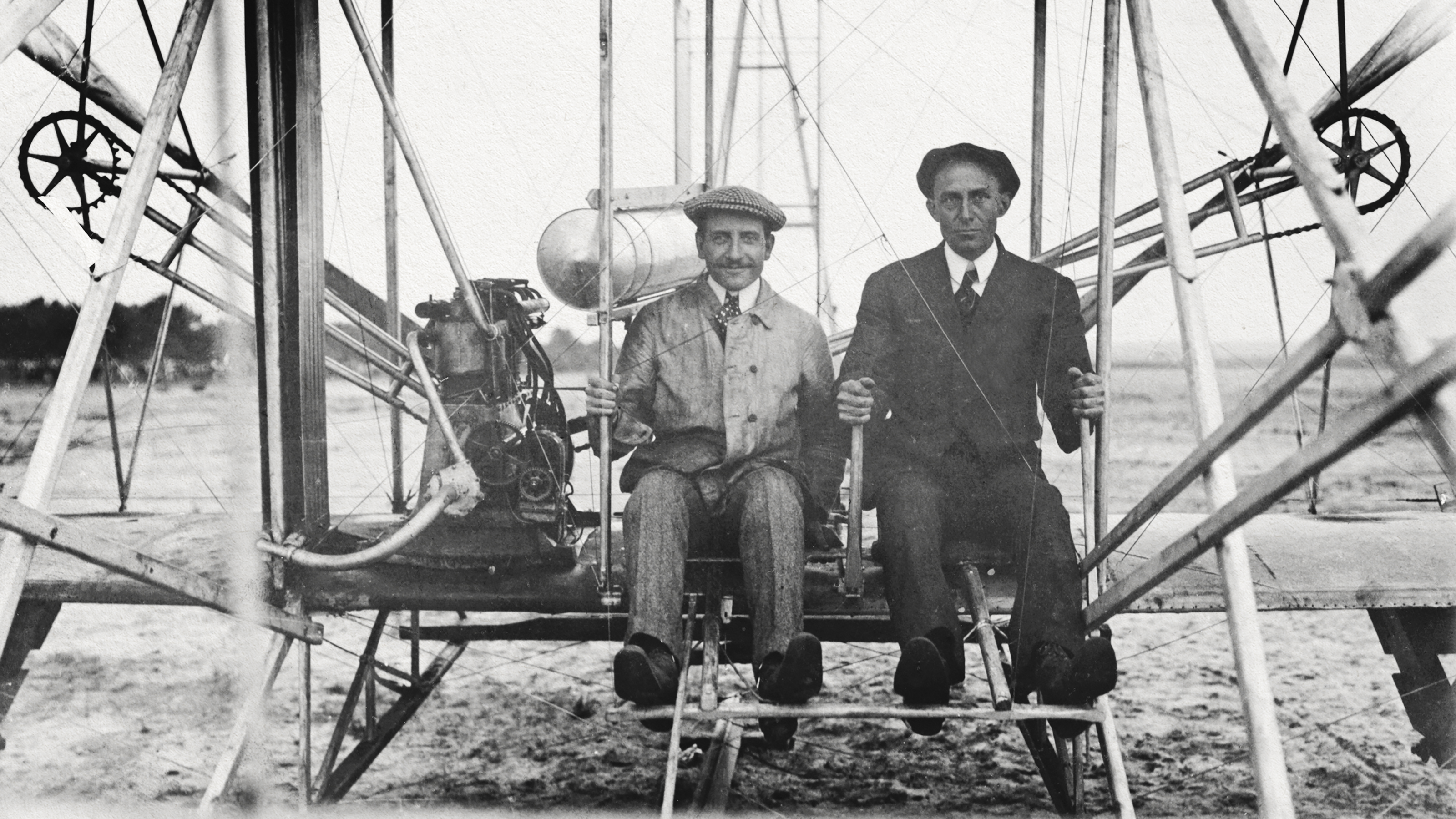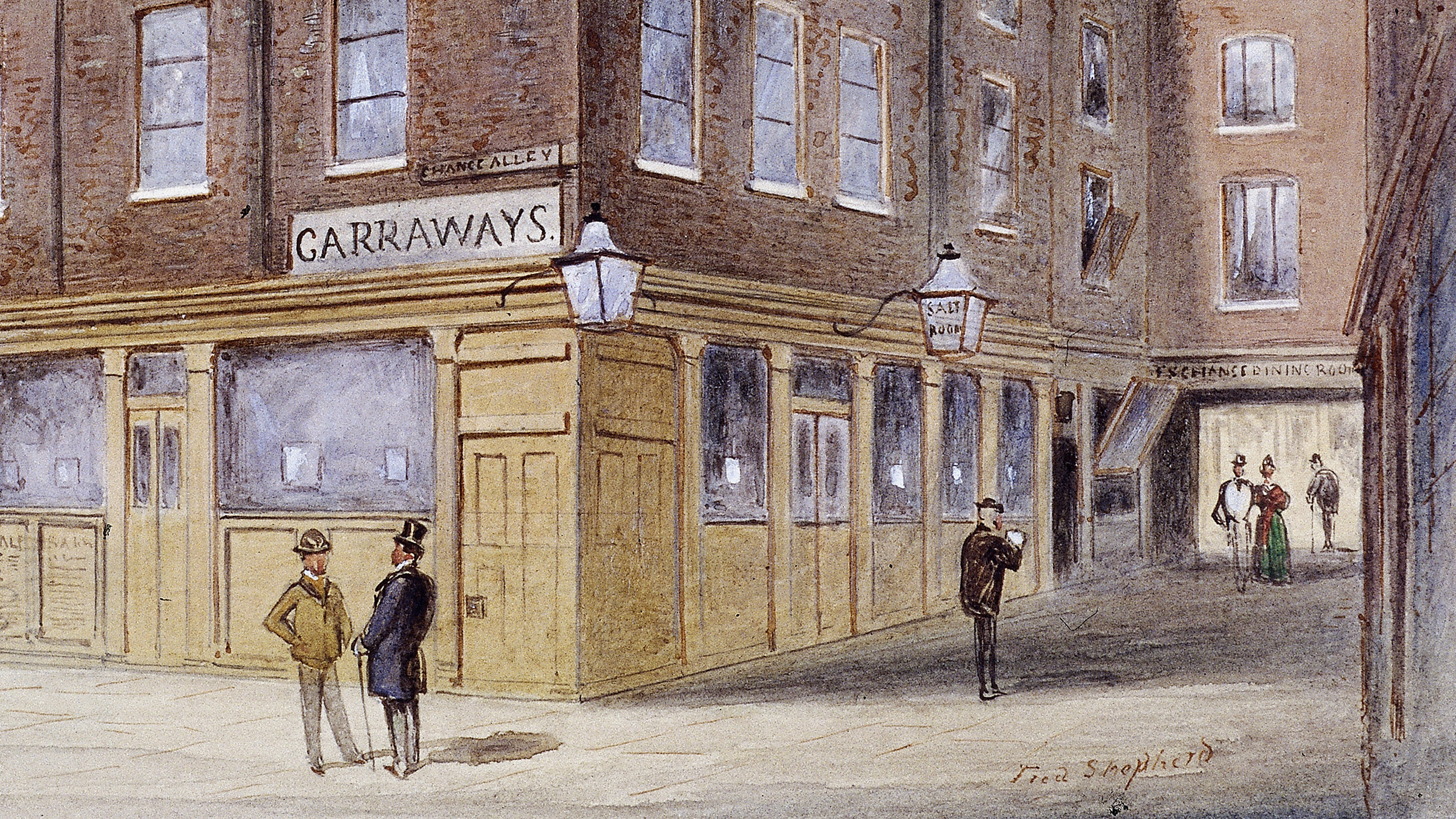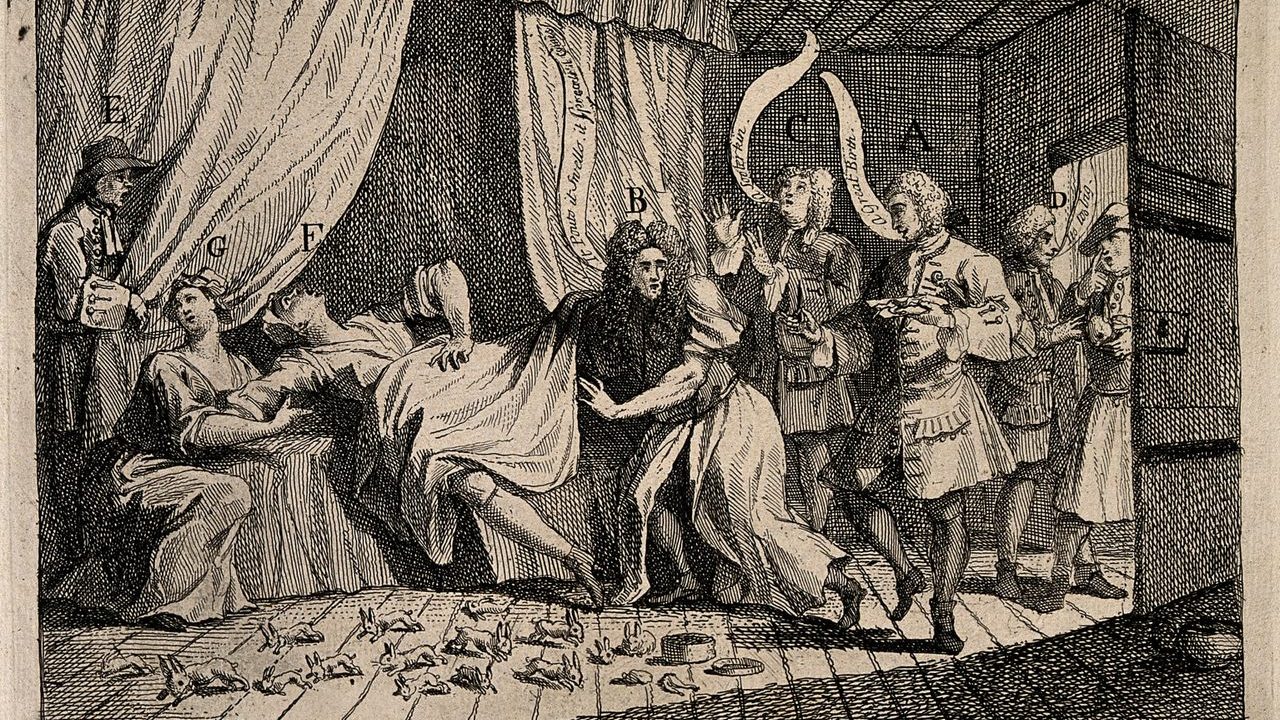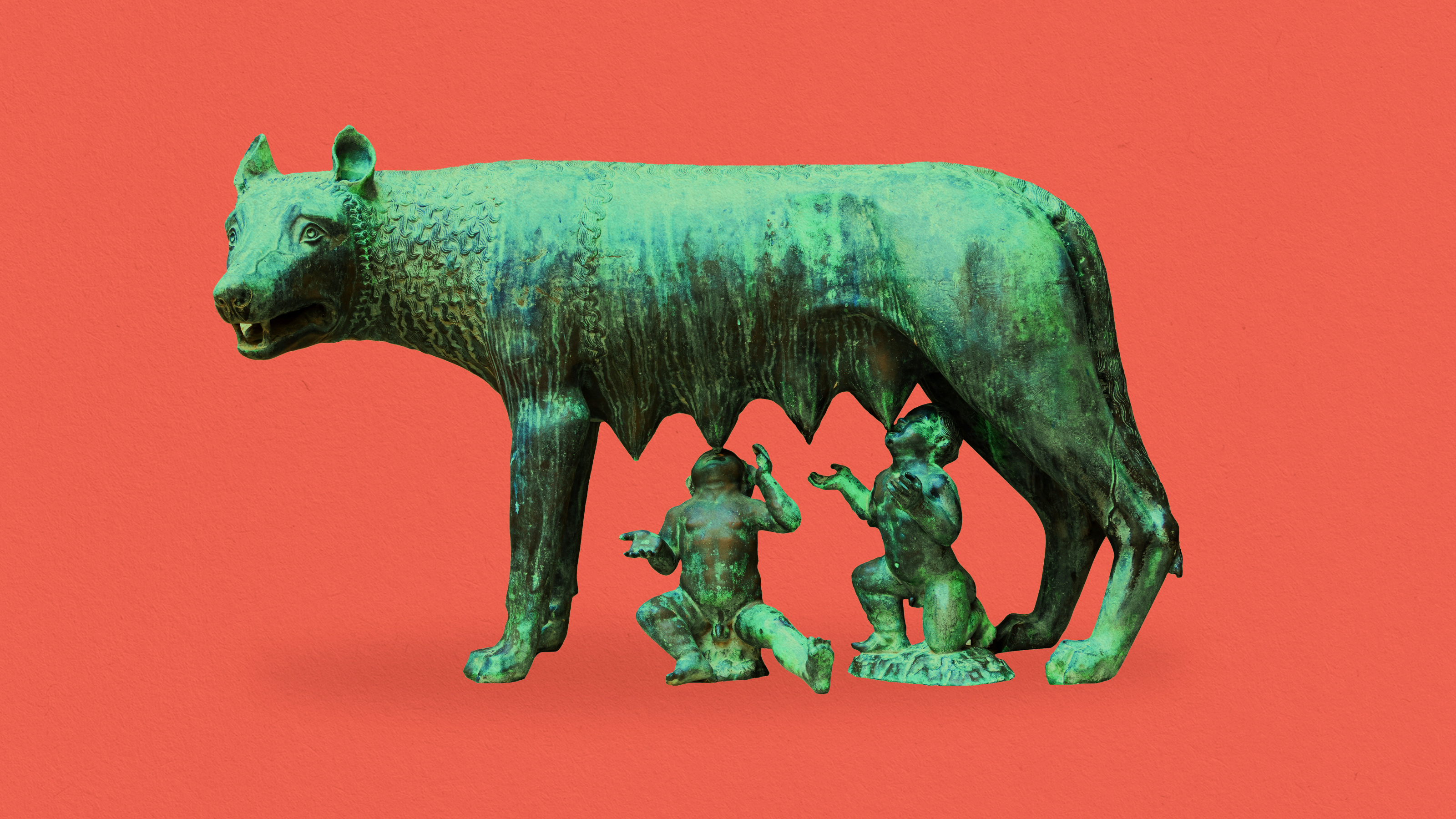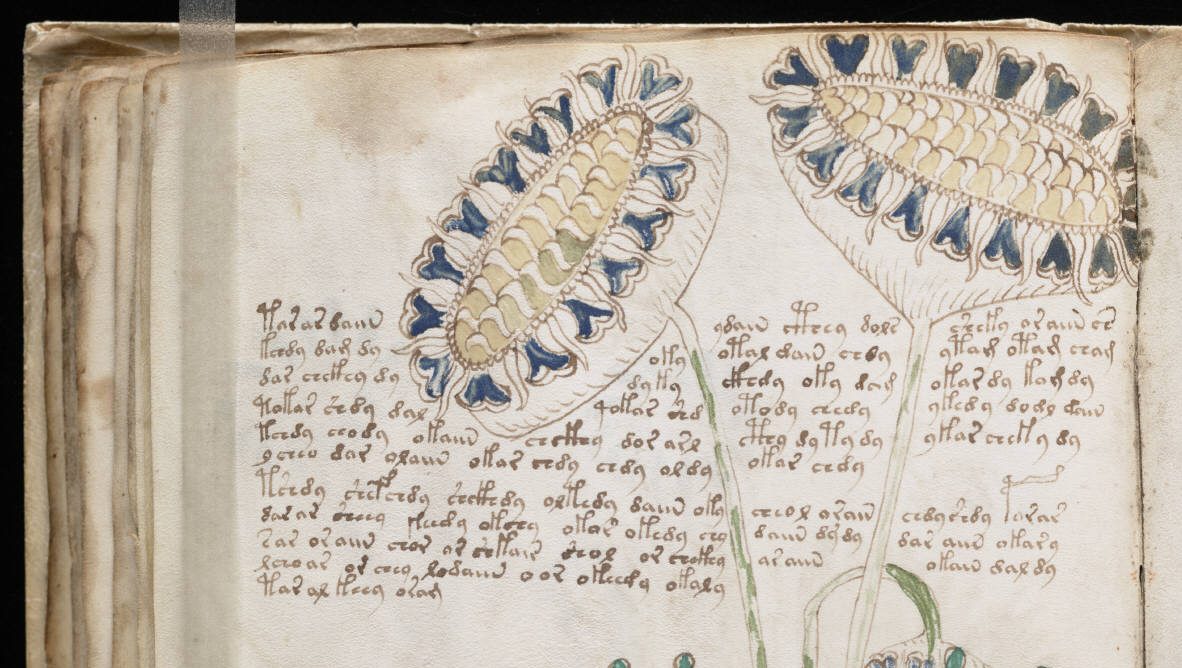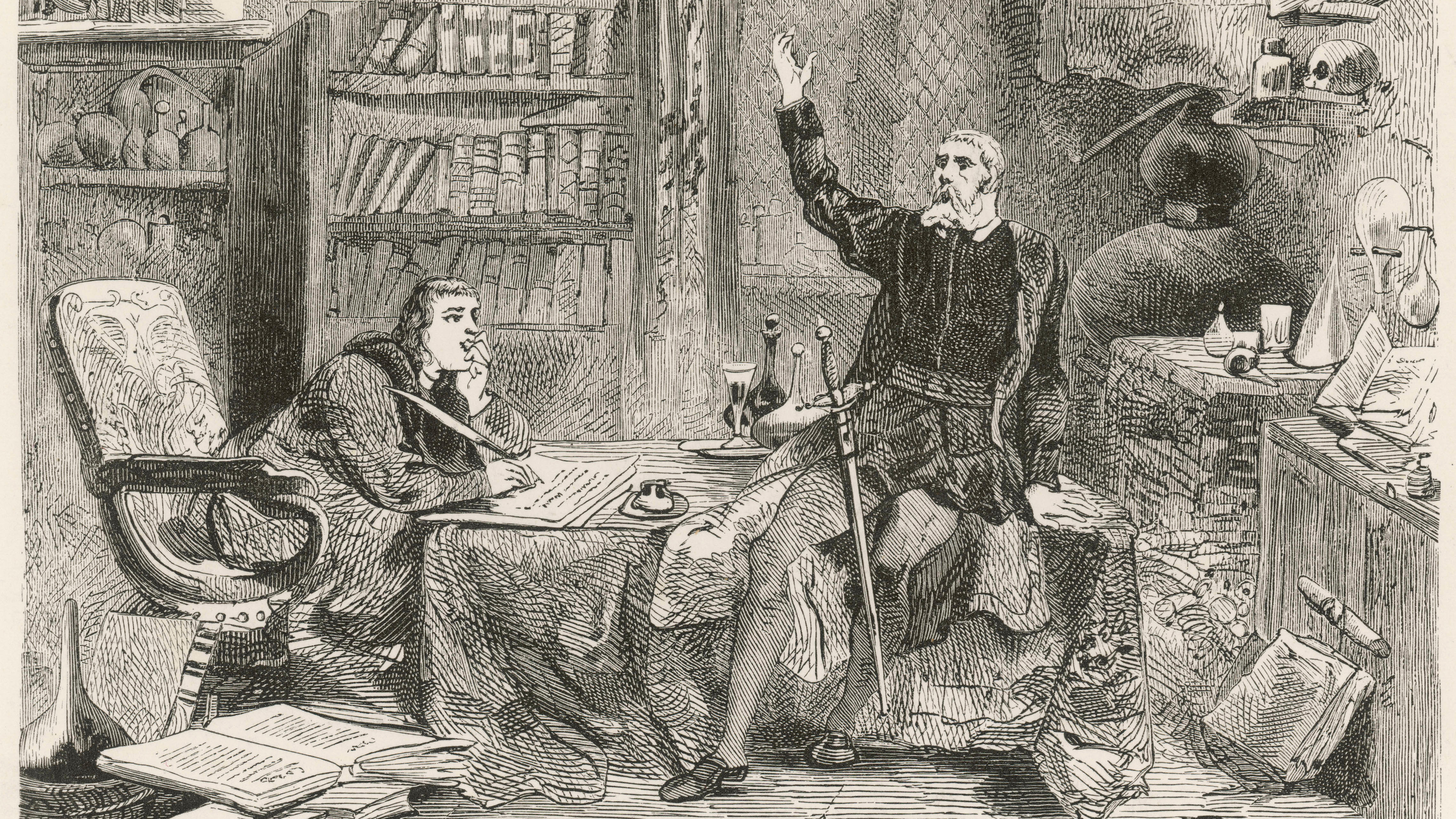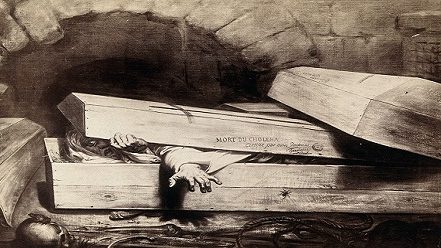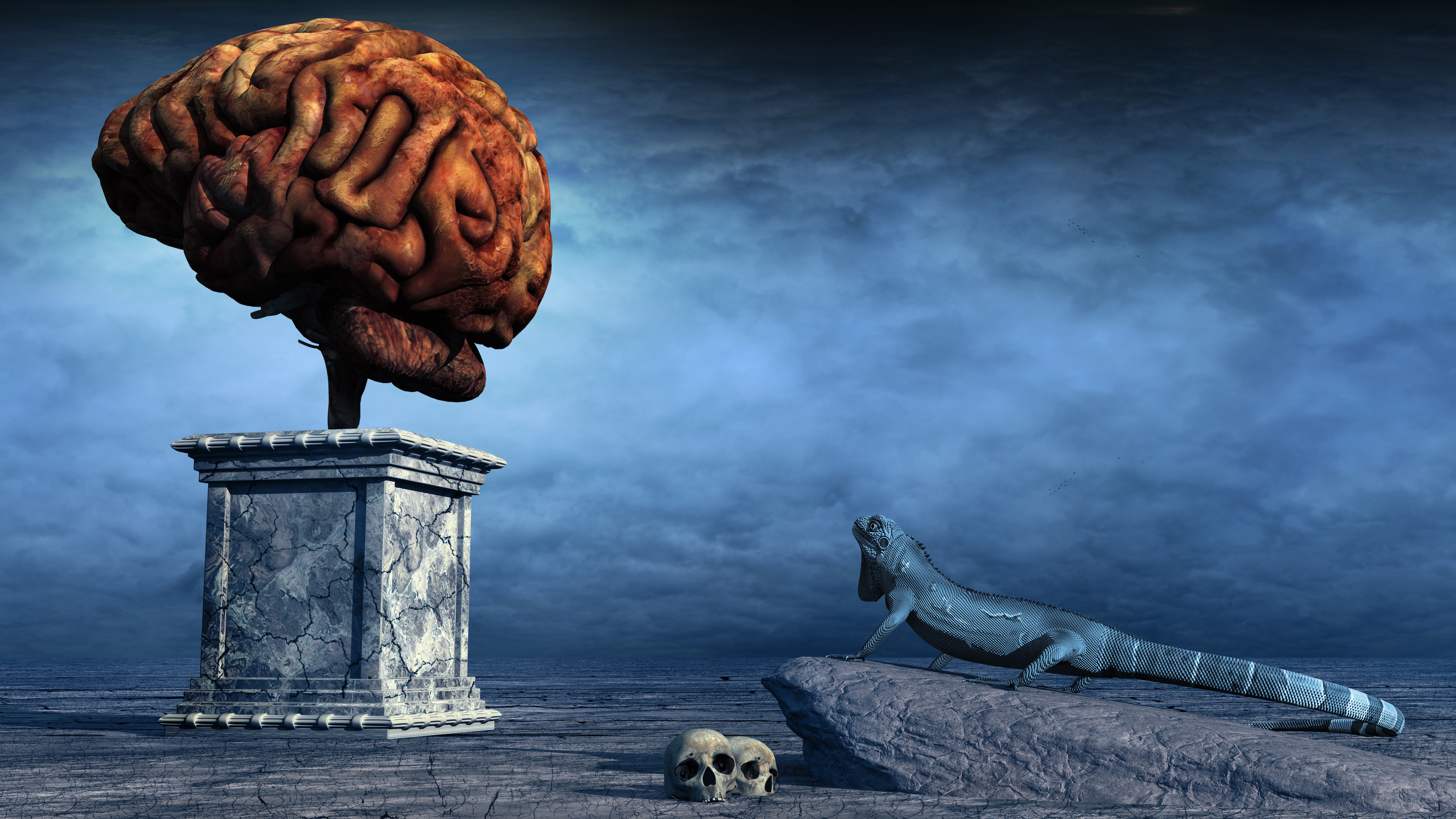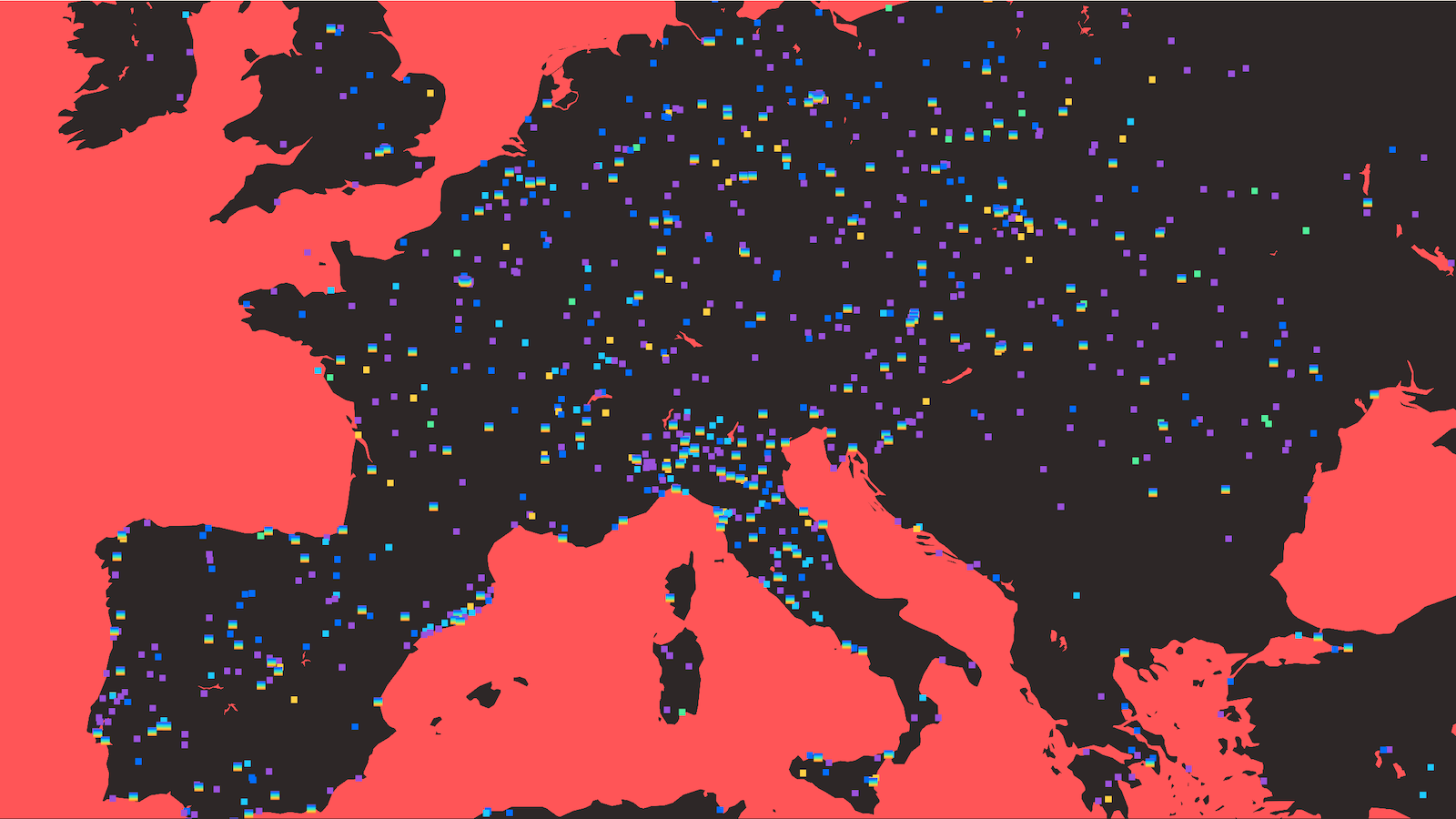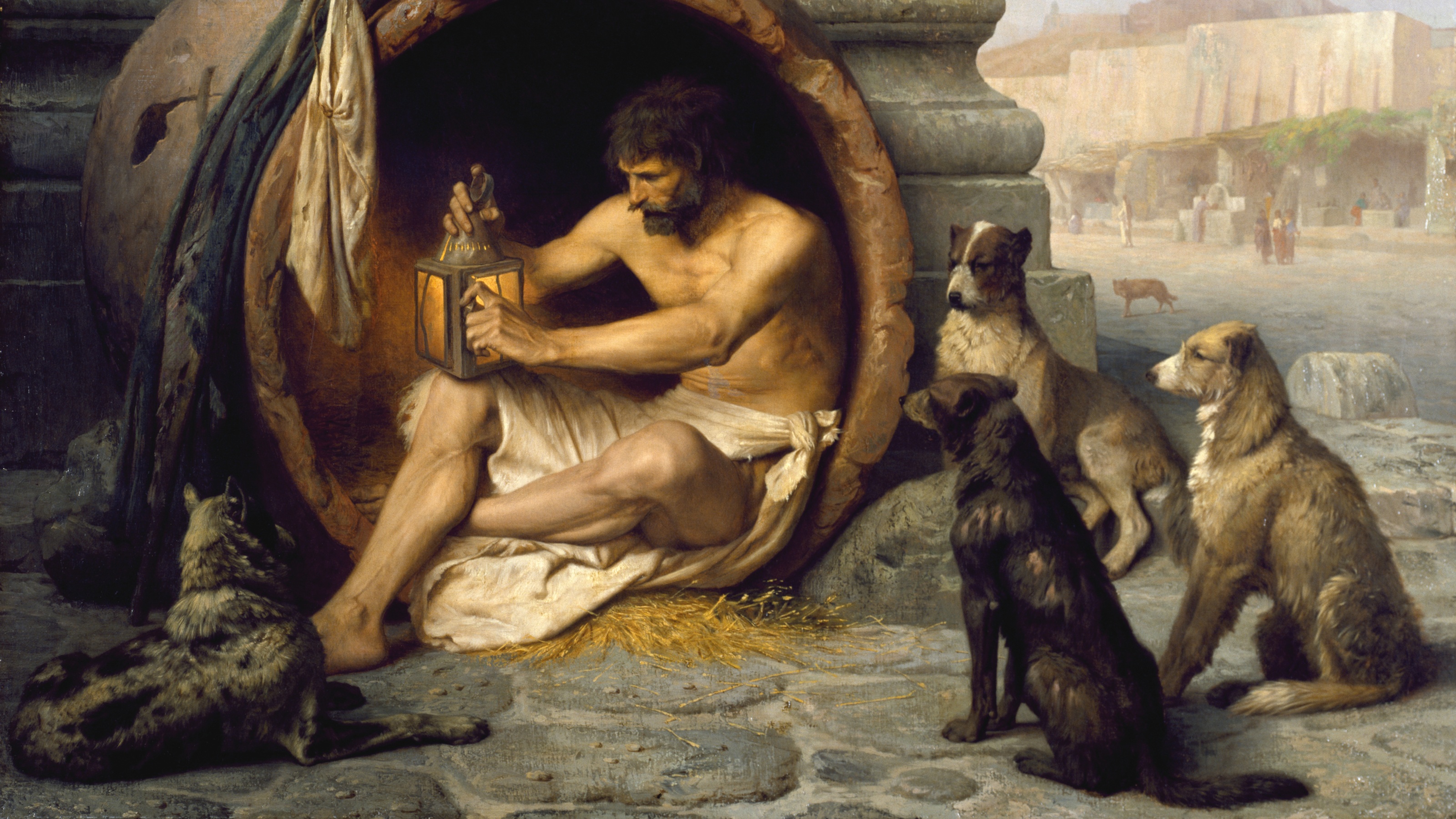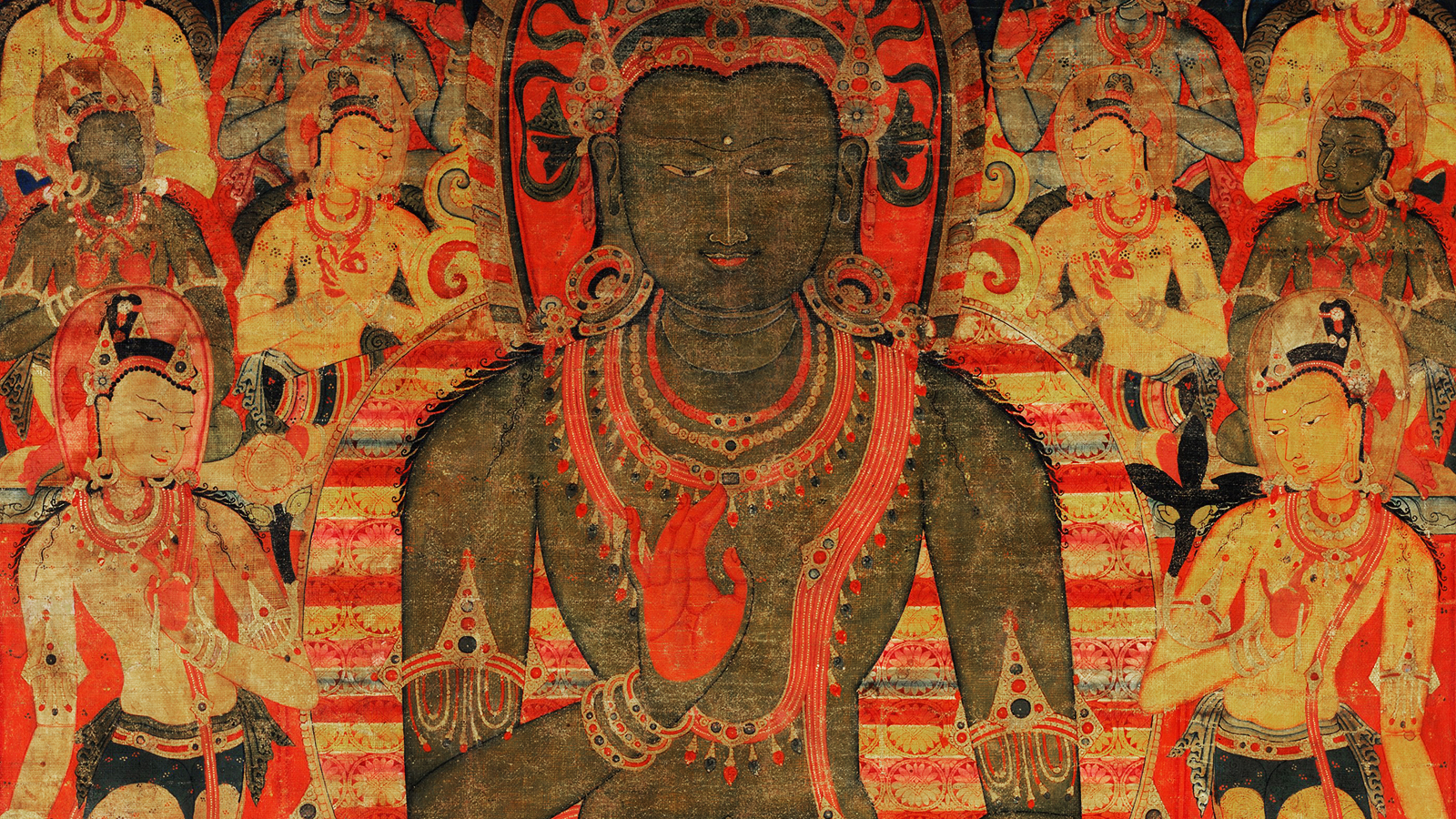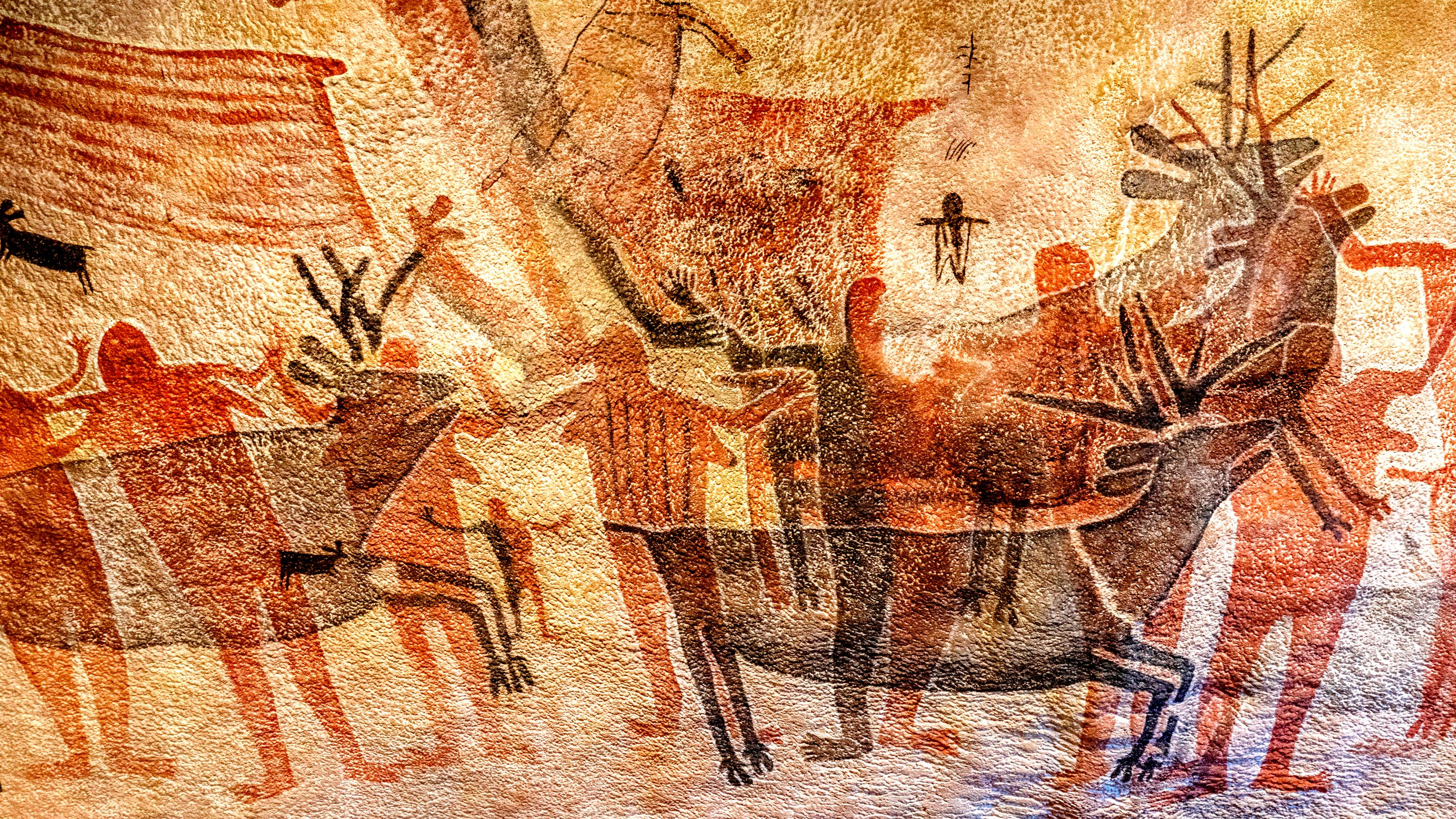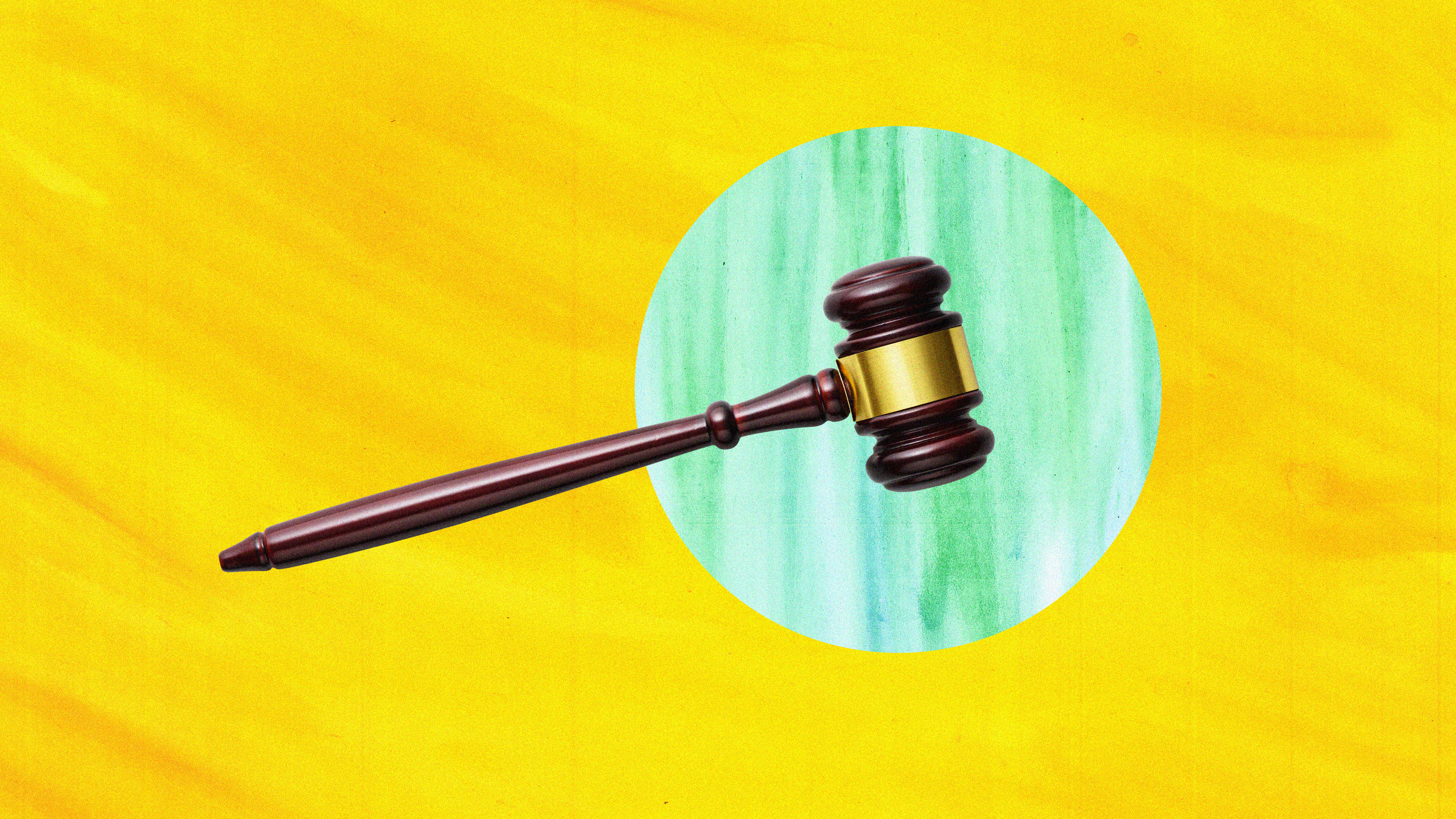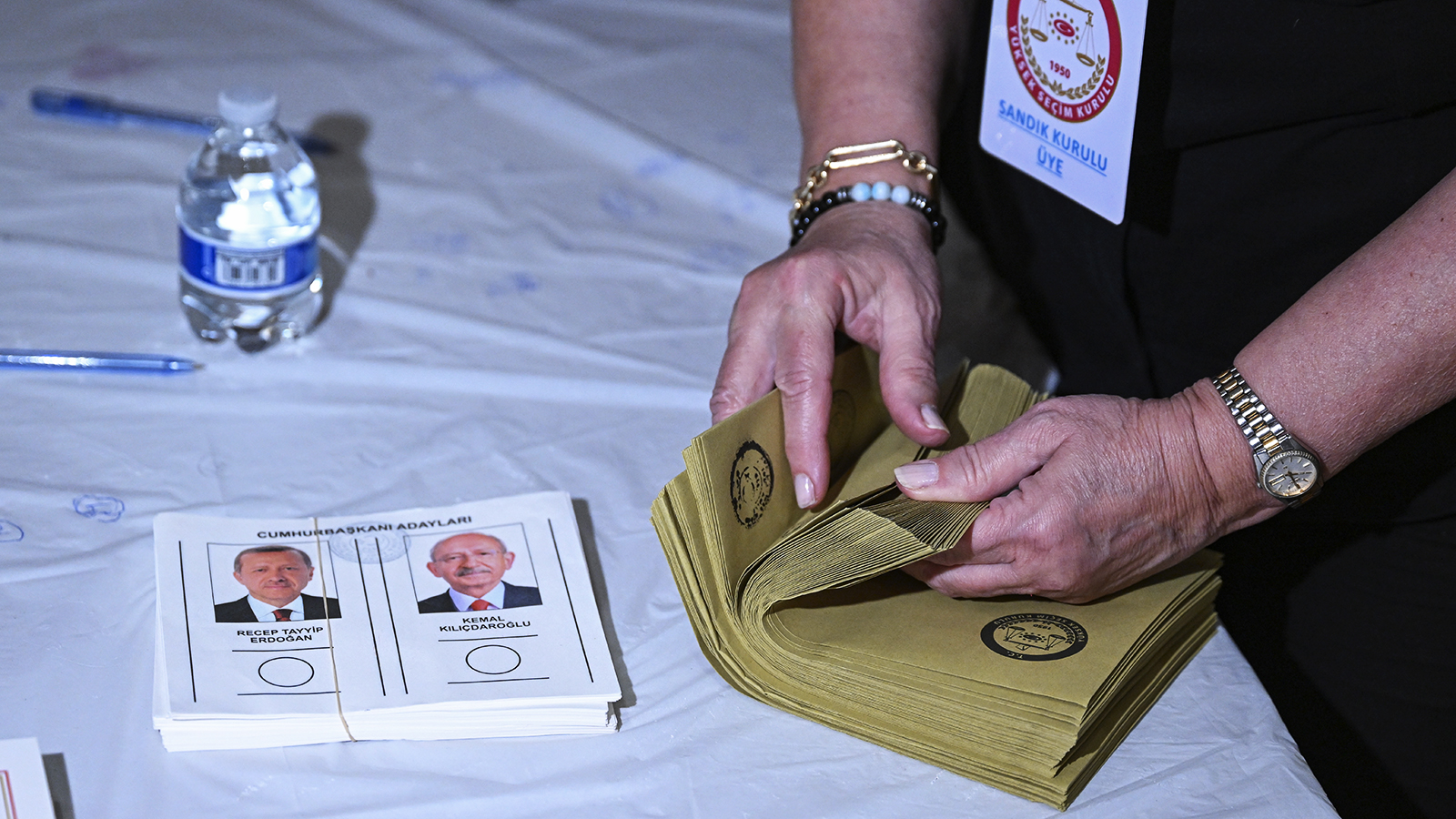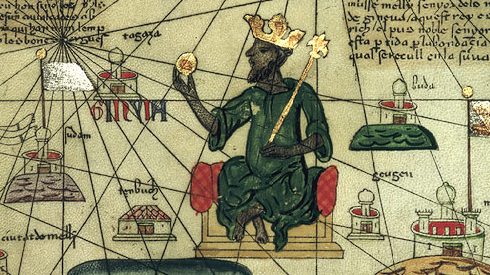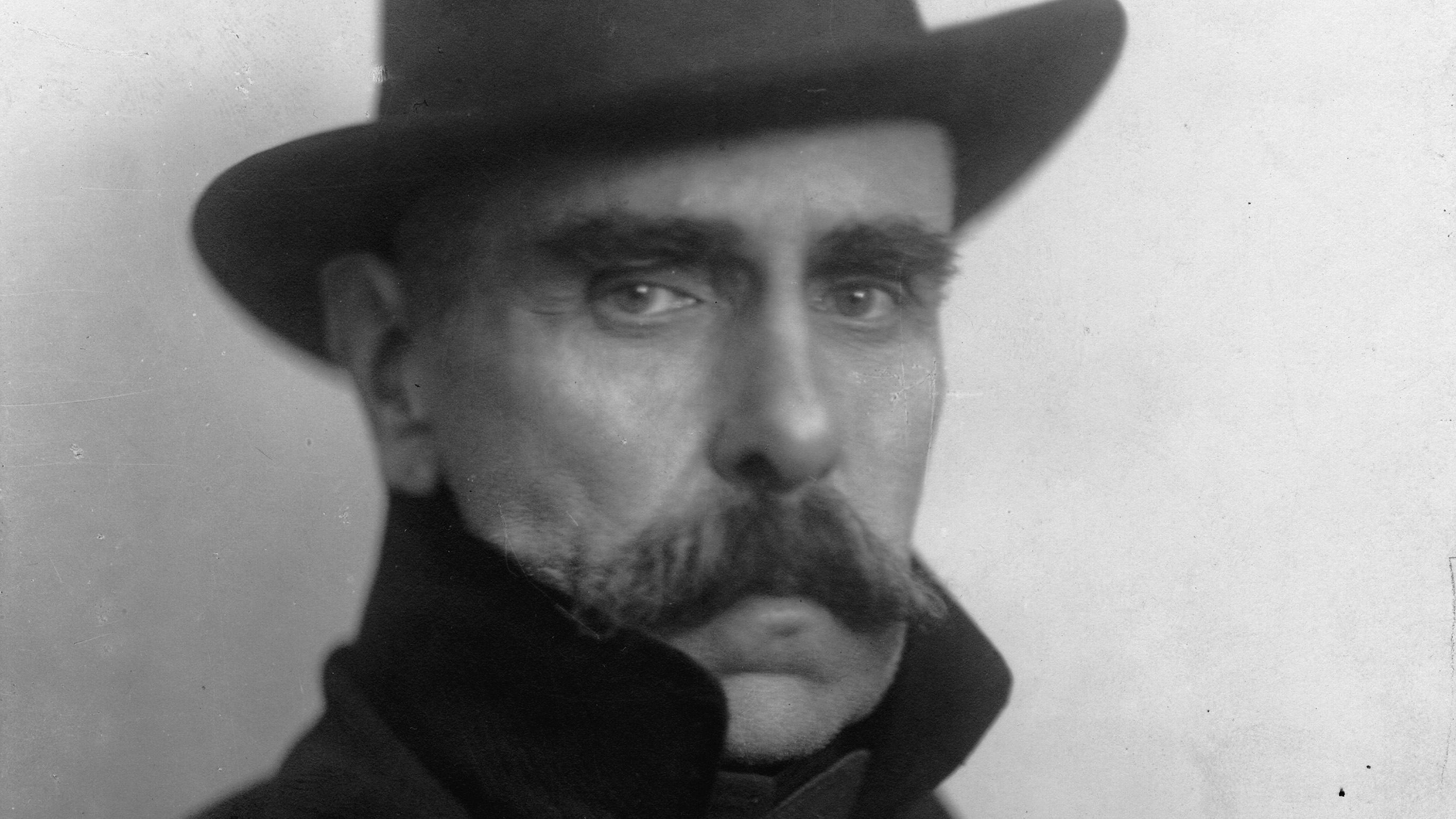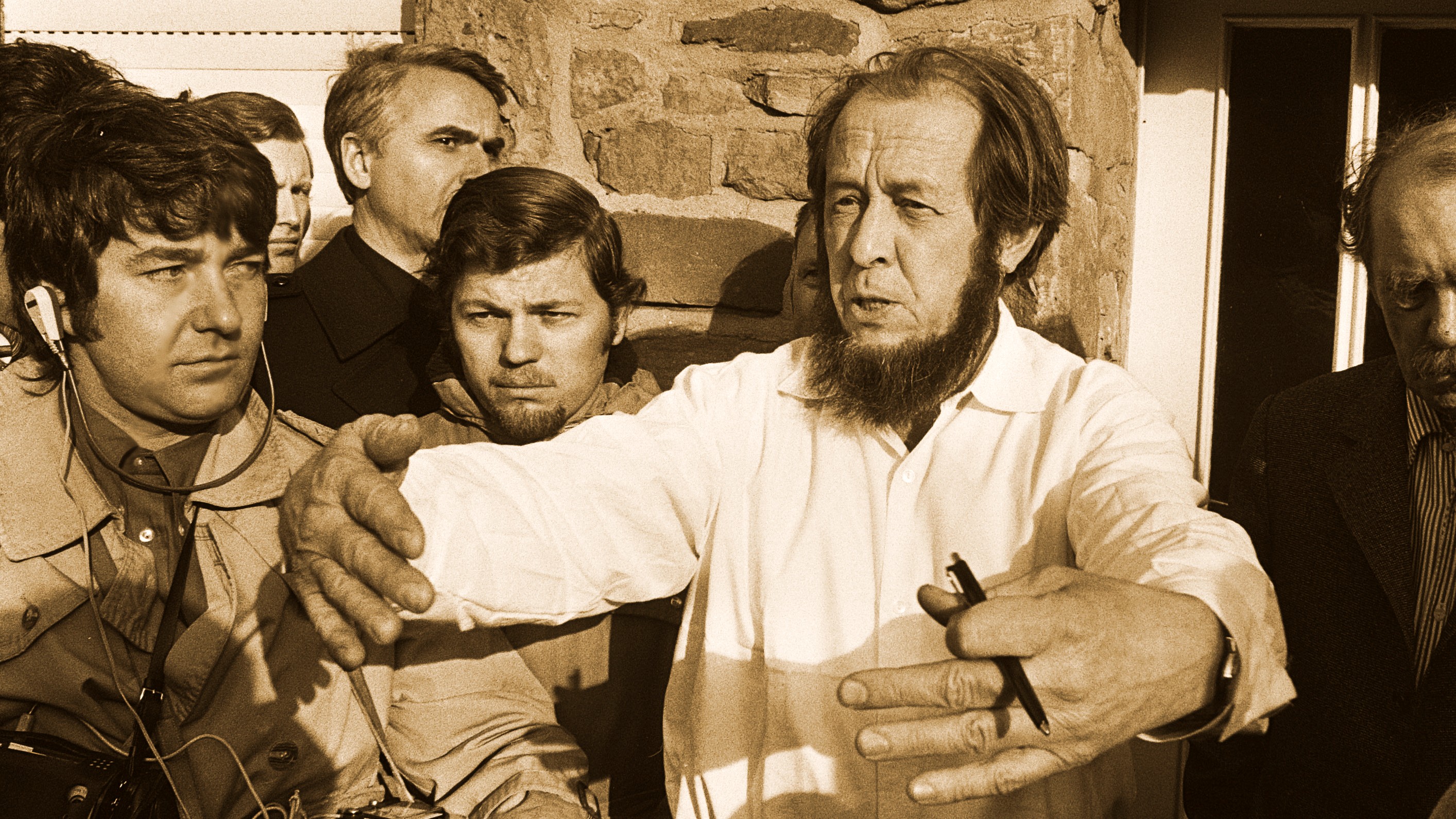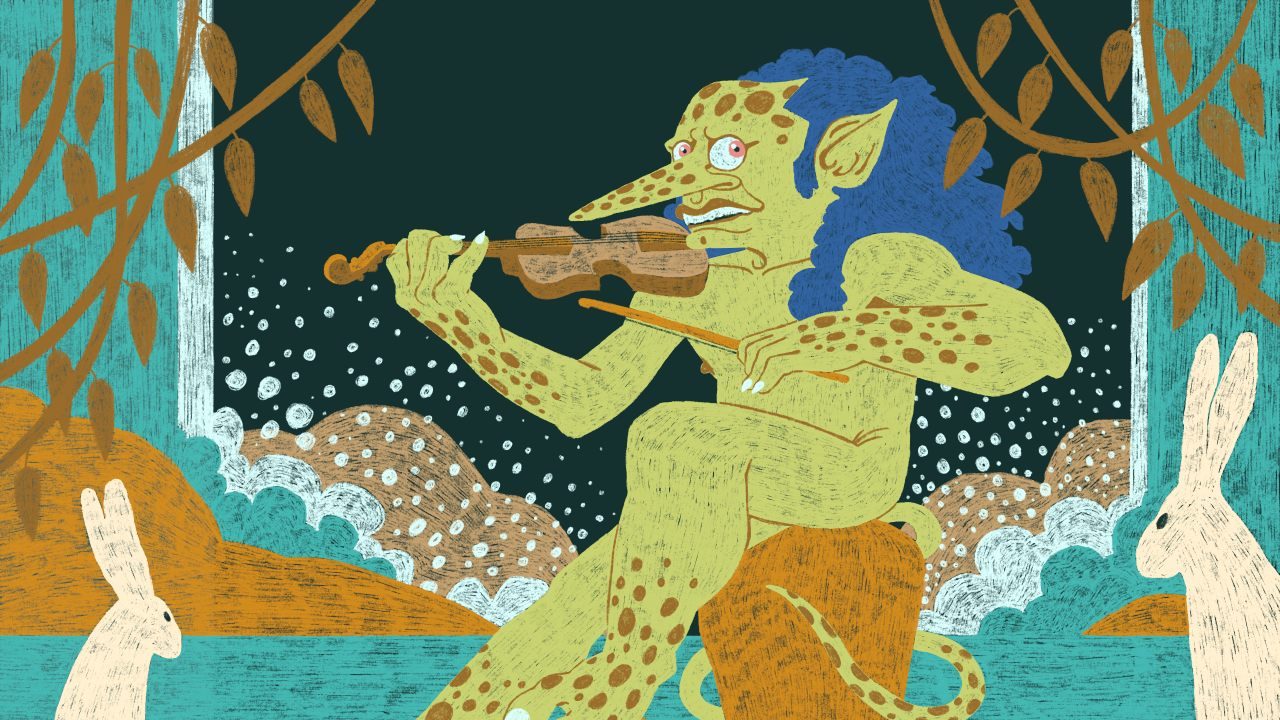history
An insect? A vermin? An unwanted animal? What in the world is Franz Kafka talking about?
More than a century ago, Halifax suffered an accidental blast one-fifth the size of the atomic bomb dropped on Hiroshima.
The documents that convicted the infamous traitor were all kept in this unassuming leather pouch.
Pessimism reigned supreme.
Walter Pitts rose from the streets to MIT, but couldn’t escape himself.
For linguists, the uniqueness of the Basque language represents an unsolved mystery. For its native speakers, long oppressed, it is a source of pride.
Centuries ago, the typical British coffeehouse was more like a “school without a master” than a place to grab a quick boost of caffeine.
At the turn of the millennium, a physicist fooled the global scientific community with the greatest discovery that never existed.
The Foo Fighters are at the dead center of the map, so all the other bands are happier, sadder, angrier, or hornier.
Mary Toft staged an elaborate hoax, but the pain was real.
We don’t know what causes Miyake events, but these great surges of energy can help us understand the past — while posing a threat to our future.
Before Rome was an empire, it was a republic. And before it was a republic, it was a kingdom ruled by seven mythical kings — some better than others.
The meaning of the cryptic text has eluded scholars for centuries. Their latest efforts include computational analyses seeking new insights into the medieval enigma.
Once a cosmopolitan faith, Islam valued intellectualism and modernity. It was derailed by various geopolitical and religious forces.
A new book by historian and author Paul Strathern argues that the Northern European Renaissance has long been overlooked.
Bram Stoker’s mother survived a terrible cholera outbreak and recounted the ghastly scenes to her son years later.
If we manage to avoid a large catastrophe, we are living at the early beginnings of human history.
Diogenes engaged in shocking behavior to demonstrate the contradictions, small-mindedness, and sheer absurdity of prevailing social conventions.
Plato, Sun Tzu, and Buddha all lived in a “golden age” of philosophy that laid the foundation of modern thought.
Evolutionary pressures drove the formation of tribes who encoded their values in myths and symbols. Was this cooperation cursed?
Before Constantine received his history-defining vision, a pagan Sun god paved the way for Jesus Christ’s triumphal entry into the Eternal City.
Would you confess your crimes to a skeleton with “an unnatural ghastly glow”? One inventor thought you would.
Memory, responsibility, and mental maturity have long been difficult to describe objectively, but neuroscientists are starting to detect patterns. Coming soon to a courtroom near you?
In a time when we dislike and distrust our politicians, why can’t we get more popular leaders like Kim Jong Un and Bashar al-Assad?
Mansa Musa, perhaps history’s richest man, claims he ascended the throne of Mali after his predecessor sailed west and never came back. Could he have made it to the New World?
Desperate times call for desperate measures.
Soviet censorship was thorough yet fallible.
But make sure you bring the fossegrim the proper offering—or else.


